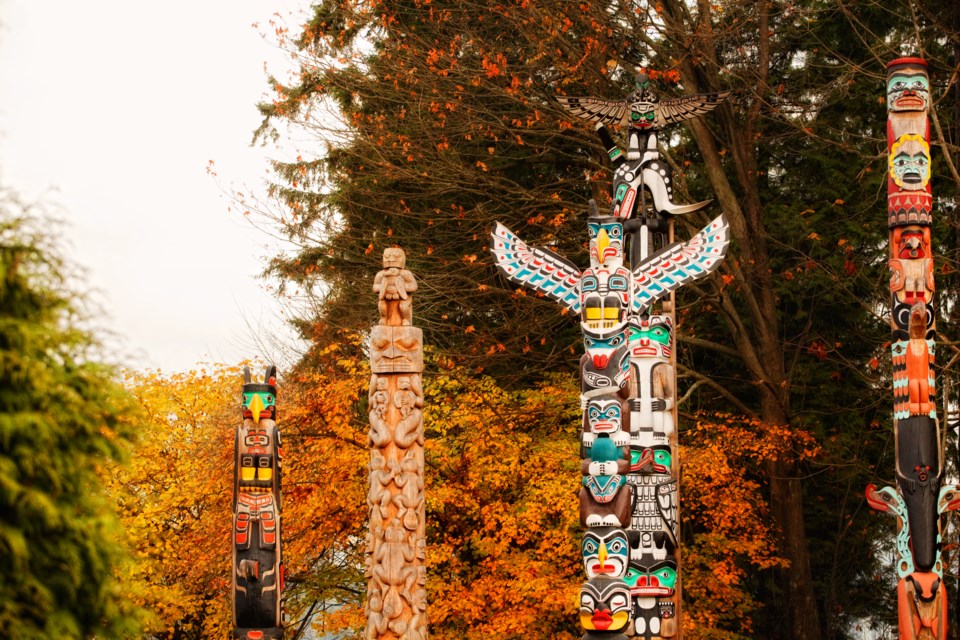And then Gord said, “Canada is not Canada. We are not the country we think we are.”
As a faithful Tragically Hip fan since the band’s early days, I’ve listened to all things Gord Downie. He had a way about him. Always poignant, never verbose. His words resonated deeply with me. He was my Elvis.
Never more profound were his words when faced with the terminal reality of his diagnosis with an aggressive brain cancer called Glioblastoma. Gord made a personal pivot to lending his voice to a very difficult subject for Canadians, the plight of First Nations peoples.
He used his place in our hearts to show us a darkness that had been veiled for more than 100 years. He spoke of history we had not been taught, history being re-written — where we would all be accountable for those truths untold.
He said: “It will take seven generations to fix this. Seven.” It rocked me in ways that his songs had left untouched. I felt a shame – and an enlightenment – that left me wanting to be better.
I want to move forward. I’m just not sure how.
I’m starting here.
Gord Downie pointed to the fact that Truth and Reconciliation isn’t about governments, it’s about Canadians.
Ever since his Secret Path project shined a light on the story of Chanie Wenjack, I’ve asked myself how I can take steps to be a better Canadian. Not an easy path, as an entitled white girl.
On February 17th I stumbled across an article you should read. It’s about how, bluntly, we can be “a better ally”.
I’m not sure any of “us” really know how to do right by those whose land we stand upon. There are gaping holes in our society, valleys of pain and seemingly impossible hurdles to overcome.
But overcome them, we must.
Healthy discussions are hard to have on topics of race, religion, politics, but the key is meeting in the middle to truly learn what is and is not working.
My jaw dropped at this stat: “70% of (Inuit) children are in food insecure households.”
How about all government make it a priority to address this? How about we demand a mandate to ensure that every-single-solitary Canadian has drinking water?
Canada cannot be the Canada we think it is, if so many Canadians struggle for clean water.
We don’t “help” by trying to help. We help by stepping up and taking stock of every interaction, both official and unofficial, that our governments have with diverse Indigenous communities across the country, and realizing there’s no one size fits all approach.
Downie gave us one final learning moment. In December 2016, the Assembly of First Nations honoured him for his work on Reconciliation. Chiefs from across Canada gathered for three days in Gatineau, Quebec to discuss everything from resource development, the Aboriginal youth suicide crisis, and missing and murdered Indigenous women.
Gord was invited for a naming ceremony. He was given the name Wicapi Omani, or “walks with the stars” in the Lakota language.
That ceremony moved me.
Gord may be gone, but his light still burns brightly. And it shows there’s a path ahead.
Canadians – both Indigenous and non-Indigenous – can work together to be the Canada we think we are.
Jody Vance is a born and raised Vancouverite who’s spent 30 years in both local and national media. The first woman in the history of Canadian TV to host her own sports show in primetime, since 2011 she’s been working in both TV and radio covering news and current affairs.



